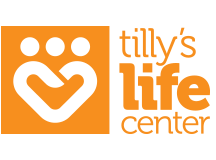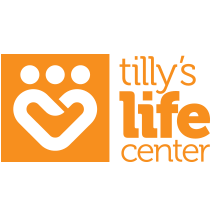
19 Aug Signs Your Teen is Self-Harming
Realizing your child is in pain can be an incredibly heartbreaking experience. But understanding that your teen is inflicting physical trauma to themselves, in order to cope, can be even more difficult to grapple with. The sad fact is that self harm in teenagers is not uncommon, and rates are on the rise. All parents should be familiar with the signs of self harm, why it happens, and ways to help their child.
Self Harm in Teenagers
Inflicting pain on oneself is a sign of psychological distress, and is an unhealthy coping mechanism for emotional pain. Those who self harm might experience a release or distraction from what they are feeling inside. They might do so as a means to punish themselves, to elicit a sense of control, or they might feel numb and are looking for pain as a way to feel something. For some experiencing emotional pain, this behavior can have an effect similar to drugs that rush pain-relieving endorphins to the brain. And like drug addiction, it can escalate, requiring more intense self harm with less intense triggers, over time.
Signs of Self Harm
Self-injury can be a result of an increase in stress, anxiety, depression, feeling out of control or without a means to cope. Watch out for any signs of emotional instability, impulsiveness, or if your teen acts or expresses feelings of worthlessness or hopelessness. Self-inflicted pain can be a response to a triggering event such as a loss, rejection, or fallout with people in their lives. It might also occur if a perfectionist is worried about failing, if your teen has an eating disorder, or a history of abuse (sexual, physical, verbal, or emotional).
Proof of this behavior is often kept hidden. Watch for if your teen is exhibiting any of these behaviors: isolating from friends and family, pulling away and spending more time alone, hiding cuts by wearing long sleeves or long pants consistently, unexpected or rapid weight loss or gain, visible signs of lack of sleep, or inexplicable bruising.
How to Help
Self harm in teenagers can be a way to ask for help when they do not know how else to reach out. Do not respond with anger, aggression, or disappointment in your child. Do not deny the problem or blame them. This can make the problem worse or the healing more difficult. Do not tell them that you will watch them constantly and not let them go anywhere, this punishes them further. You do not want to add to their negative emotions or the pain they are already experiencing.
Instead, validate your teens feelings. Respond with compassion and show your teen that there are better ways to cope. Be clear that you will find help. Help your teen find an experienced mental health professional who specializes in working with self harm in teenagers. Make an appointment with a doctor to assess physical injuries. It is important to know that many healthy people may dabble in self harm, without falling into a dark habit. Repeated self-infliction of pain signals an underlying problem that needs to be addressed to help your teen learn to cope in a healthy and productive way. For a place for teens to start, try the Crisis Text Line. This non-profit organization provides crisis specialists who are trained to deal with all forms of anxiety and self harm. To get started, you can text HOME to 741741.
Tilly’s Life Center is committed to the mental health and wellness of teens. We are dedicated to being a part of the solution, providing teens with resources they need to find healthy, effective, and positive ways to cope with negative emotions. To learn more, visit: https://tillyslifecenter.org/


